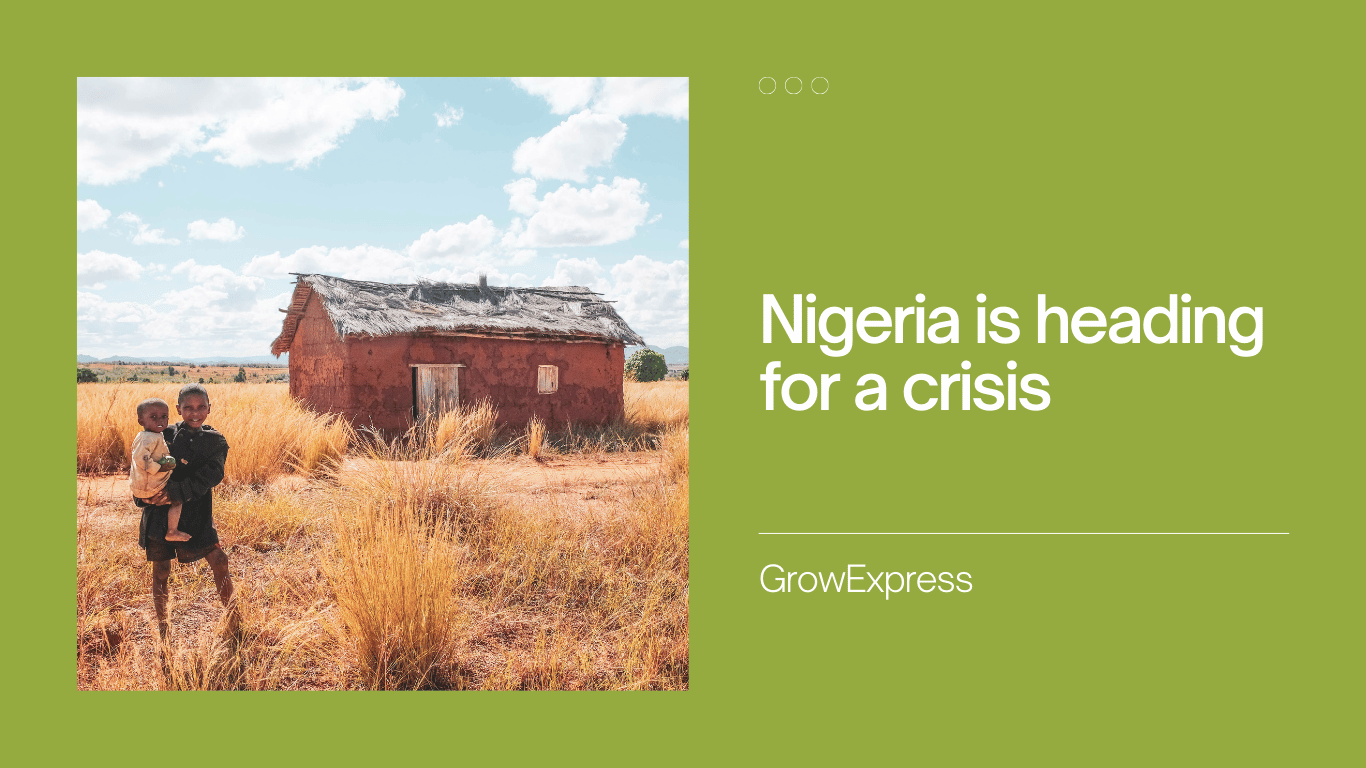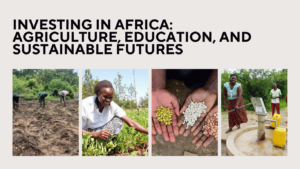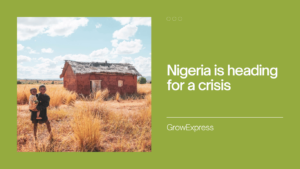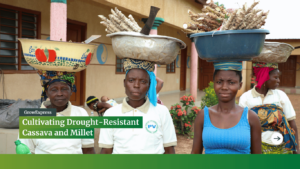A Country in Crisis: Urgent Humanitarian Aid and Long-Term Perspectives
Nigeria, Africa’s most populous country, is on the brink of an economic and humanitarian abyss. Once known as an emerging economic power, the country is now grappling with one of the worst crises in decades. The effects are devastating: millions of people struggle daily to survive in what is now an existential crisis. This crisis urgently calls for comprehensive humanitarian aid as the situation worsens day by day.
Causes of the Crisis: Historical Roots and Current Mismanagement
Nigeria’s current problems have deep-rooted historical causes. Previous governments set the stage for today’s catastrophic situation through lack of foresight and weak fiscal decisions. These structural weaknesses were exacerbated by recent actions of President Bola Tinubu. Since taking office last May, Tinubu’s reforms, which profoundly affected the country, further destabilized the already fragile economy.
Currency Reform: A Risky Move
One of the most controversial reforms was the decoupling of the Naira exchange rate from the US dollar. This measure was intended to strengthen the currency in the long run but led to a dramatic 70% depreciation of the Naira in the short term. Inflation soared, and foreign investments dropped by 26.7% in 2023. President Tinubu justifies these reforms as necessary to prevent state bankruptcy, yet the immediate impact on the population is devastating. People increasingly struggle to afford essentials, and poverty is spreading.
Oil Industry: A Double-Edged Sword and Subsidy Cuts Deliver a Heavy Blow
Another significant measure was the elimination of state subsidies for refined oil products like gasoline. Although Nigeria is one of the world’s largest crude oil exporters, it lacks sufficient refining capacity. The four state-owned refineries cannot meet demand, necessitating gasoline imports. The long-standing subsidies were meant to stabilize prices, but their removal led to a tripling of gasoline prices, further exacerbating the already tense situation. The population suffers from the massively increased cost of living.
A Glimmer of Hope: The Dangote Refinery
A potential ray of hope is the Dangote Refinery, built by Nigerian billionaire Aliko Dangote. This refinery is expected to process 650,000 barrels of oil per day at full capacity, enough to supply the entire African continent. However, until it reaches full capacity, the situation remains tense. As long as the refinery does not receive sufficient crude oil, reliance on expensive imports continues, further burdening the economic situation.
Humanitarian Disaster: Hunger and Poverty
The economic problems have severe humanitarian consequences. Most of the population can barely afford two full meals a day, and two-thirds of Nigerians already live in poverty. The United Nations World Food Programme warns that from June to August 2024, more than one in ten people in Nigeria could suffer from acute hunger. In the cities, mass panics at food distributions are already occurring, and hospitals are overwhelmed with people suffering from deficiencies. The humanitarian crisis is escalating, and urgent international support is needed.
Labor Market and Unions
The labor market situation is equally grim. Between 75 and 92 percent of working Nigerians are employed in the informal sector, without unions and without fixed wages. Unions in the public sector are striking for wages of about 20 dollars a month, but the majority of workers are barely getting by. The uncertainty and precarious working conditions further exacerbate the social and economic crisis.
Security Problems: An Additional Burden
The crisis is further compounded by the disastrous security situation in the country. From terrorism and kidnappings to land-use conflicts and oil piracy, Nigeria is plagued by various security issues. These insecurities prevent many people from farming or earning an income, further worsening the economic situation. The lack of security leads to a further exacerbation of the country’s economic and humanitarian situation.
Thomas Wegener and GrowExpress Ltd.: A Beacon of Hope
Amid this crisis, there are also beacons of hope. Thomas Wegener is committed to sustainable development and social justice with the social model farm project by GrowExpress Ltd. in Ibadan. „The current development of the country is very concerning,“ adds Wegener. The GrowExpress projects aim to improve the living conditions of the local people and promote long-term economic stability. Nigeria’s tumultuous development through oil discoveries decades ago led to the neglect of rural areas and agriculture, although over 70 percent of the population is involved in agriculture.
An Innovative Agricultural Project
GrowExpress Ltd., in collaboration with the local university in Ibadan, has been awarded a model farm. Within this project, the land was reclaimed for agriculture by removing ecologically invaluable bushland that had grown over the past decades. Including local forces, who also benefit economically from these activities through education, respect, and income, international investors have joined forces to rejuvenate agriculture in one of the most fertile parts of West Africa, the state of Nigeria.
Sustainable Management and Education
The GrowExpress farm concept aims to respect and support local structures. This means that the existing small-scale, human-powered field management is preserved. The agricultural department of the University of Ibadan has developed a management concept that includes local fertilizer producers and protected seeds. GrowExpress Ltd. provides local farmers with expertise, seeds, and fertilizers, and also offers them additional land beyond their own.
The Path Forward: Creative Solutions and Resilience
Despite immense challenges, the people of Nigeria show remarkable resilience and creativity. They ration food, turn to alternative medicine, and generate their own electricity. Communities defend themselves against attacks and often resolve kidnapping situations independently when state security forces fail. These self-organized solutions are signs of hope and show that people are not ready to give up.
Nollywood and Afrobeats: Culture as an Economic Factor
The commercial creative and cultural scene, particularly Nollywood and Afrobeats, also offers hope. These sectors have developed into economic powerhouses and contribute significantly to the Nigerian economy. Nollywood, the Nigerian film industry, is now internationally recognized and popular, as is the Nigerian music scene with its successful Afrobeats. These cultural exports are important economic factors and could help stabilize the country in the long run.
Conclusion: An Uncertain Future
The global food security crisis is facing an unprecedented crisis exacerbated by a combination of conflicts, climatic extremes, and economic challenges. Recent reports indicate that in 2023 nearly 282 million people in 59 countries suffered from acute food insecurity, an increase of 24 million from the previous year, according to the World Bank. In Nigeria, many are dismayed, disillusioned, angry, and disappointed, and the majority are literally fighting for survival.




